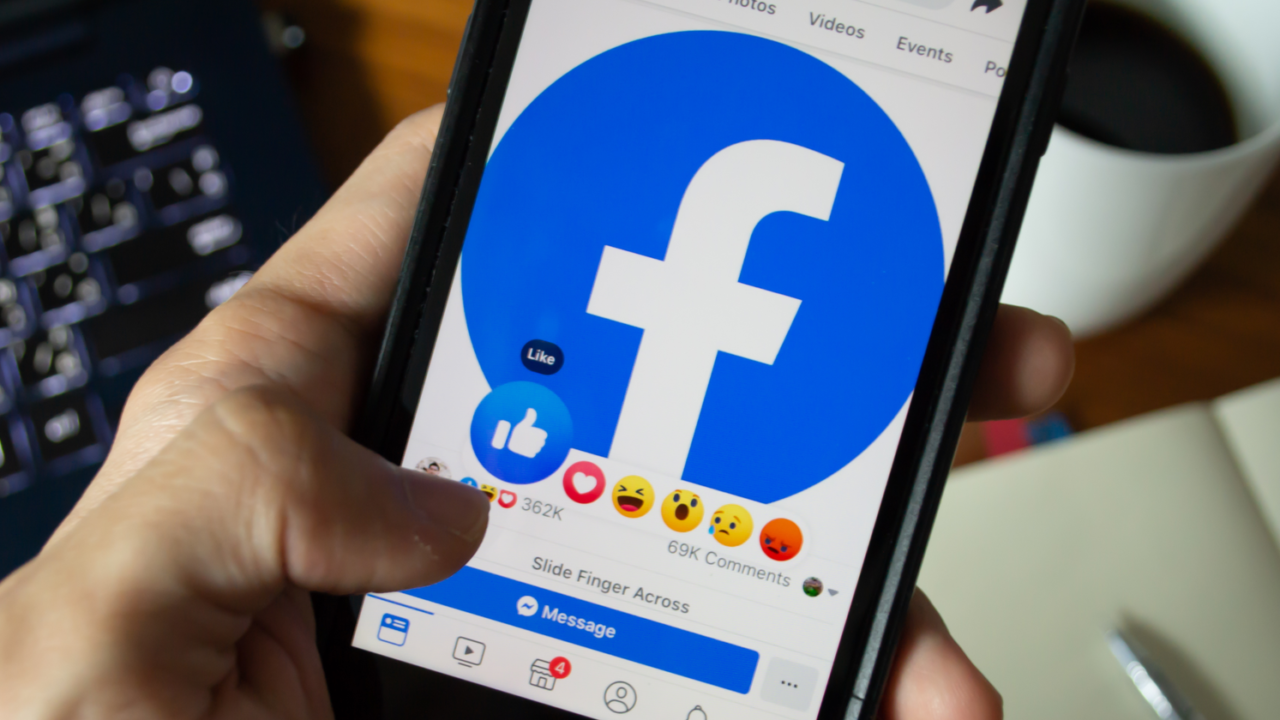According to a record from The Wall Street Journal, Facebook is getting ahold of touchy personal facts that telephone owners submit to separate cell apps, thanks to a software program tool that immediately stocks that record with the social network to enhance advert targeting. It’s long been known that apps out of doors of Facebook’s environment can and do percentage information willingly with the organization to make it easier to reach present and new customers through ads. Yet, the WSJ file highlights a specifically privacy-violating behavior by using health and fitness apps. The facts shared can be something from the food plan and exercise activities to a person’s ovulation cycle and whether or not they intend to get pregnant.

According to the report, app makers like ovulation tracker Flo Health and Azumio Inc., the maker of the most famous 0.33-party coronary heart fee tracker on iOS, use what’s known as “App Events,” a Facebook-provided tool that shares touchy, user-submitted records directly with the social network that, in maximum cases, a user must manually submit. Those facts are then used to inform Facebook’s ad-focused tools, which it presents to the identical builders and others to attain current and new customers after they’re surfing Facebook. In Flo Health’s case, Facebook successfully matches information it collects from the software’s ovulation-monitoring characteristic to genuine profiles. The Journal says customers could then potentially be labeled as a viable target for ads regarding watching for mothers and new mothers’ parents.
It’s no longer clear whether there may be any form of financial association wherein apps are incentivized to share this information with Facebook. But the Journal reviews that out of the 70 apps it monitored, all of which have been some of the top famous apps on iOS, 11 shared such records with Facebook. None of them seem to notify customers about this information-sharing tool via privacy regulations or phrases of providers. And because the sharing is going on outside of the boundaries of wellknown permissions — like the place, voice, and the digital camera gets admission to — it appears neither Apple nor Google is aware of when an app on iOS or Android is speaking touchy information like this to a 3rd-birthday celebration service.
According to Facebook, among the most egregious situations, the Journal located had been so-called “custom app events,” with parameters described by the app makers and not with any entries from Facebook. The corporation said it advises app makers now not to proportion facts that it might keep in mind sensitive — like health and monetary records — and claims not to apply the statistics outside of letting the app that collected Facebook users’ information with advertisements. In a few instances, Facebook actively deletes the data while aware of collecting. At the same time,ld be illegal, while banking and other monetary-related apps are getting ahold of customers’ Social Security numbers.
In other phrases, Facebook says it’s no longer collecting sensitive fitness and economic facts and using it extra extensively, even though there’s no way to verify that. A patent software granted the remaining year describes using third-celebration data saved on Facebook servers to enhance the employer’s advert-focused algorithms. “We require app developers to be clean with their users approximately the facts they’re sharing with us,” a Facebook spokeswoman informed The Journal. In terms of use for its software development kit, in which app activities are protected, Facebook says it may use the records amassed to “improve different experiences on Facebook, together with News Feed and Search content material ranking abilities.”
When contacted, Flo Health informed the Journal that it would “drastically restrict” its use of analytics equipment furnished through other organizations, after first of all trying to claim it in no way sent information that would permit a 3rd birthday celebration to identify the consumer at the back of the data. That proved untrue, as the Journal had specialists look at the app activities to discover that a unique ID was getting used to track the user’s device kind and app profile so it could be matched with a Facebook one. Garner Bornstein, the co-founding father of meditation app maker Breethe, admitted fault while discovering that his app changed into sending electronic mail addresses to Facebook. “Facebook’s commercial enterprise version is specific and, sadly, we have not been as diligent in aligning our facts control with their privateness coverage as we have to had been,” he advised the Journal.
Regardless of Facebook’s role in any individual case related to app activities, it provides the tools to builders. It doesn’t have interaction in a good deal of oversight concerning its use and what information it may be amassing. That’s a horrible sign for Facebook. The company is still dealing with vast regulatory and legislative scrutiny after a disastrous yr of privacy scandals, most prominently the Cambridge Analytica scenario and higher management catastrophes related to the company’s coping with election interference and other flagrant misuses of its platform. Those misuses encompass wielding Facebook’s tools as a weapon to stir racial hatred in countries torn apart through ethnic violence and the introduction of a global cottage industry around fake news, propaganda, and conspiracy principle peddling.





